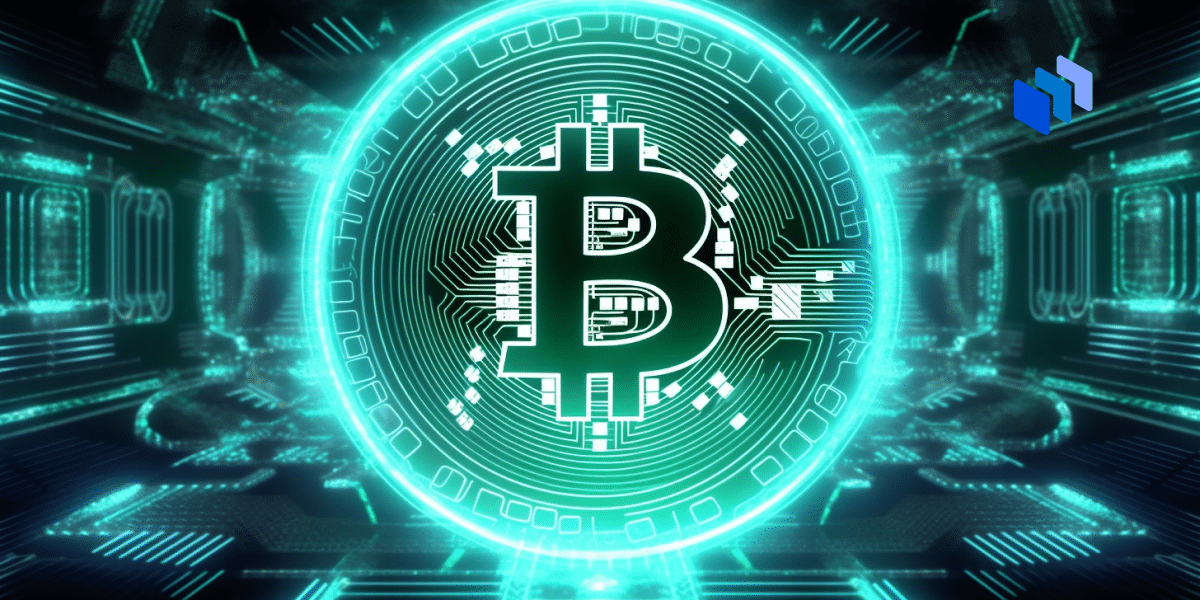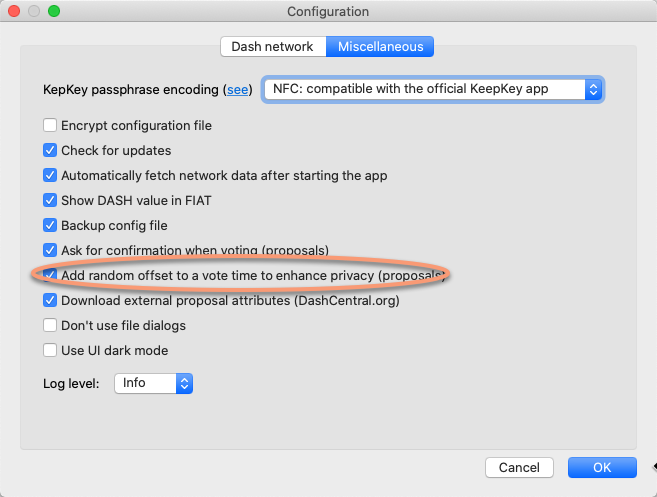The Problem
The reasons for investing in a dash masternode is not always going to be a binary decision i.e. voting vs ROI. I suggest each masternode owner has balanced their objectives on a scale i.e. they may participate in voting more or less than others. They are, perhaps, more passionate of some proposals than others. In some cases, a proposal is able to provoke and activate many voters. In short, they participate or not for selfish reasons.
With that said, for both technical reasons and economic scarcity, the pool of participants is relatively small compared to, say, a large shareholding company. Thus, a relatively small number of voting participants are directing the outcome of dash for all stake holders, whether that is end users, masternode owners, or miners. I suppose the obvious response to this would be, "if you don't care, you don't vote", but this is just one point of view. It could equally be said that end users and masternode owners alike make their investments with some assumptions e.g. that a status quo exists, that dash functions in a certain way to fulfill certain objectives.
The classic response to this is, "but many small investors are participating with crowdnode". Misdirection. Those small investors have zero responsibility to maintain a node and keep it running (assuming DCG hasn't caused a chain halt in the first place). The whole point of 1000 dash collateral is to give the masternode owner "skin in the game", not to forego and delegate their own vote to people without skin in the game... for that in itself is a fundamental change to the tokenomics.
Let us consider the view of a bitcoin maxi; multiple node implementations and a protocol that is very difficult to change across all implementations. It does change, albeit conservatively. A maxi will argue, this predictability is what attracts large investors, they don't want to wake up one morning and find the tokenomics has been tinkered with yet again. We know the flipside argument; dash is more nimble and can adapt quickly, as demonstrated with block size expansion in the early days, blah blah balh.
Unlike bitcoin - because bitcoin doesn't have masternodes - there is only one viable dashd for masternodes, supplied by Dash Core Group. There are no truly independent and working alternatives. This system enables DCG to regularly enforce upgrades by demonetizing ALL old versions. THIS IS NOT A PROTOCOL. This is a single entity, paid from a treasury, where voting is decided by a few humpback dash holders (a humpback controls 5000 or more dash).
To some degree, we can compare the masternode system to the bitcoin Lightning Network as they are both, essentially, special types of wallet. Personally, I think the Lightning Network is a shit experience, but crucially, there are multiple Lightning node implementations whereas dashd alternatives for masternodes... nowhere to be seen, NO VIABLE INDEPENDENT ALTERNATIVES.
I digress, back to the status quo.
The Solution
I propose:
1. For a proposal to be successful, it must attain YES votes from at least 51% of ALL active masternodes.
2. The voting default will be NO because, as outlined above, an investor should have an expectation of a status quo, "this is what I expect and it must not be easy to change".
Unfortunately, nothing in this proposal fixes the problem of no dashd masternode alternatives, but it may give investors more confidence, less risk of destabilizing changes.
In all honesty, I do not expect this proposal to pass because, as outlined above, imo the dash dao is broken beyond repair. Vote YES and prove me wrong!
The reasons for investing in a dash masternode is not always going to be a binary decision i.e. voting vs ROI. I suggest each masternode owner has balanced their objectives on a scale i.e. they may participate in voting more or less than others. They are, perhaps, more passionate of some proposals than others. In some cases, a proposal is able to provoke and activate many voters. In short, they participate or not for selfish reasons.
With that said, for both technical reasons and economic scarcity, the pool of participants is relatively small compared to, say, a large shareholding company. Thus, a relatively small number of voting participants are directing the outcome of dash for all stake holders, whether that is end users, masternode owners, or miners. I suppose the obvious response to this would be, "if you don't care, you don't vote", but this is just one point of view. It could equally be said that end users and masternode owners alike make their investments with some assumptions e.g. that a status quo exists, that dash functions in a certain way to fulfill certain objectives.
The classic response to this is, "but many small investors are participating with crowdnode". Misdirection. Those small investors have zero responsibility to maintain a node and keep it running (assuming DCG hasn't caused a chain halt in the first place). The whole point of 1000 dash collateral is to give the masternode owner "skin in the game", not to forego and delegate their own vote to people without skin in the game... for that in itself is a fundamental change to the tokenomics.
Let us consider the view of a bitcoin maxi; multiple node implementations and a protocol that is very difficult to change across all implementations. It does change, albeit conservatively. A maxi will argue, this predictability is what attracts large investors, they don't want to wake up one morning and find the tokenomics has been tinkered with yet again. We know the flipside argument; dash is more nimble and can adapt quickly, as demonstrated with block size expansion in the early days, blah blah balh.
Unlike bitcoin - because bitcoin doesn't have masternodes - there is only one viable dashd for masternodes, supplied by Dash Core Group. There are no truly independent and working alternatives. This system enables DCG to regularly enforce upgrades by demonetizing ALL old versions. THIS IS NOT A PROTOCOL. This is a single entity, paid from a treasury, where voting is decided by a few humpback dash holders (a humpback controls 5000 or more dash).
To some degree, we can compare the masternode system to the bitcoin Lightning Network as they are both, essentially, special types of wallet. Personally, I think the Lightning Network is a shit experience, but crucially, there are multiple Lightning node implementations whereas dashd alternatives for masternodes... nowhere to be seen, NO VIABLE INDEPENDENT ALTERNATIVES.
I digress, back to the status quo.
The Solution
I propose:
1. For a proposal to be successful, it must attain YES votes from at least 51% of ALL active masternodes.
2. The voting default will be NO because, as outlined above, an investor should have an expectation of a status quo, "this is what I expect and it must not be easy to change".
Unfortunately, nothing in this proposal fixes the problem of no dashd masternode alternatives, but it may give investors more confidence, less risk of destabilizing changes.
In all honesty, I do not expect this proposal to pass because, as outlined above, imo the dash dao is broken beyond repair. Vote YES and prove me wrong!


